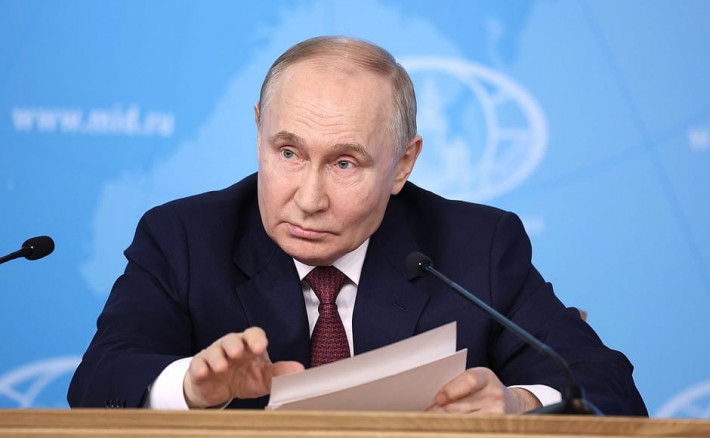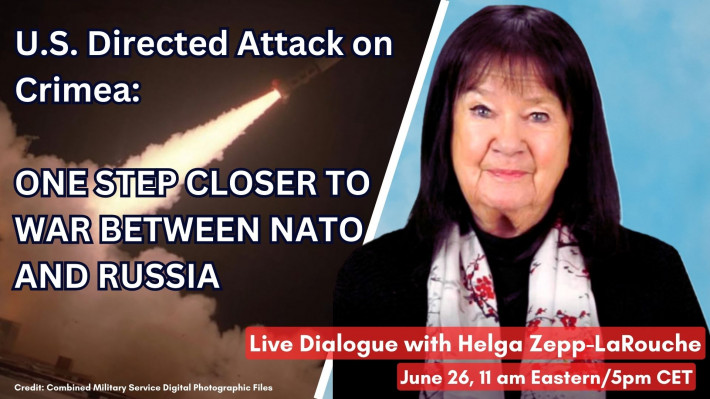Join Helga Zepp-LaRouche July 18, 11am Eastern/5pm CET in her Weekly Live dialogue and help usher in the Year of the New Paradigm for all Humanity. Send your questions, thoughts and reports to questions@schillerinstitue.org or ask them in the live stream.
This week began in the U.S. with today’s spectacle of the Congressional committee hearing on, “Oversight of the U.S. Secret Service and the Attempted Assassination of President Donald J. Trump,” in which next to no information came out about the July 13 incident. The head of the U.S. Secret Service Kimberly Cheatle stonewalled; most Representatives fulminated, and the public still awaits the truth, after nine days since the murder attempt. To be sure, elected officials and citizens have grounds to be angry: The Secret Service insists there must be an internal investigation, with results due out not for another 60 days.
Scott Ritter, military expert, has called for an independent investigation, commissioned by a grouping of state authorities. Sen. Ron Johnson (R-WI) released a report yesterday by his office, with valuable preliminary findings. He said, “We can’t trust the FBI and the Secret Service to do an honest and open and transparent investigation, that’s just a very sad fact.”
The prevarication and lies about July 13 are in line with the Big Lies foisted on the public about other life and death matters. The lies from the “invisible government” in the U.S. are in line with the NATO lies that President Vladimir Putin is bent on having Russia invade all of Europe in order to re-establish an empire, and that China is menacing the world.
Suddenly today, Vice President Kamala Harris is center stage at the White House and on the campaign trail, wildly promoted by the MICIMATT—military-industrial-congressional- intelligence-media-academia-think tank—as the golden girl answer all along to the U.S. leadership void. There is almost no attention to the obvious fact that President Biden, too incapacitated to be a presidential candidate for the next three months, is in no condition to be President for the next five months until Jan. 20, 2025.
The war danger is extreme. Zepp-LaRouche pointed to the situation in Germany, her homeland, where Chancellor Olaf Scholz, Foreign Minister Annalena Baerbock, and Economic Minister Robert Habeck, among others, have prostrated themselves to the U.S./NATO decision to deploy U.S. long-range missiles in Germany, just made known at the July 9-11 NATO Summit in Washington.
Besides the bellicosity of these statements, the prospect of triggering all-out war by “accident” not by design, is increasing relentlessly.
These are the circumstances crying out for all deliberate action to restore diplomacy and truth – Towards a Council of Reason.
In the dizzying swirl of events which is creating the impression that history is “speeding up”, here are two articles by Harley Schlanger covering developments of the last days, which provide the broader context in which these seemingly discrete “events” are occurring. The first is from July 19, the second from July 23. To stay on top of the “news”, sign up here for email notifications of future articles, and share with friends and associates. Read here.
Join Helga Zepp-LaRouche July 24, 11am Eastern/5pm CET in her Weekly Live dialogue and help usher in the Year of the New Paradigm for all Humanity. Send your questions, thoughts and reports to questions@schillerinstitue.org or ask them in the live stream.





















